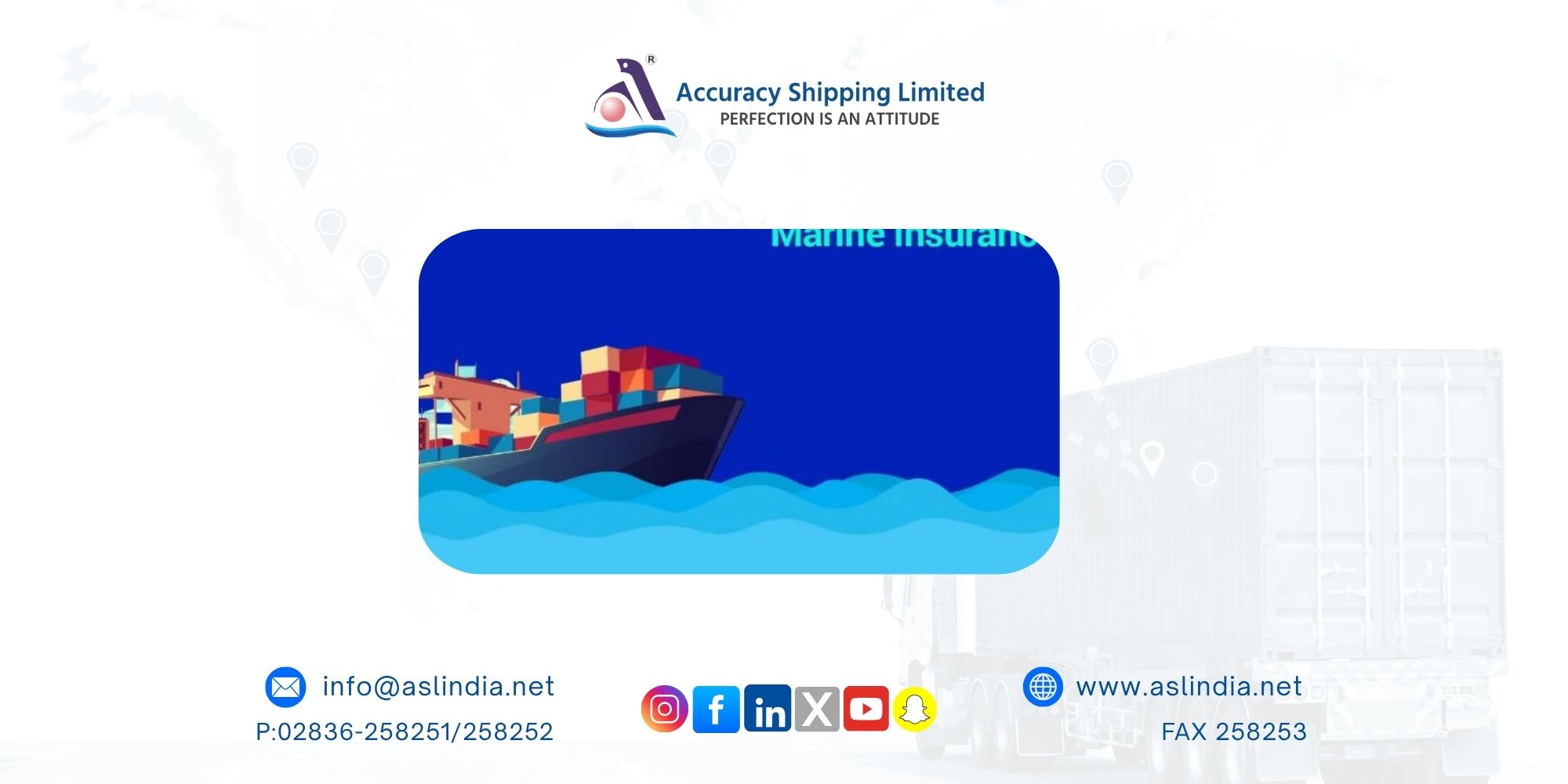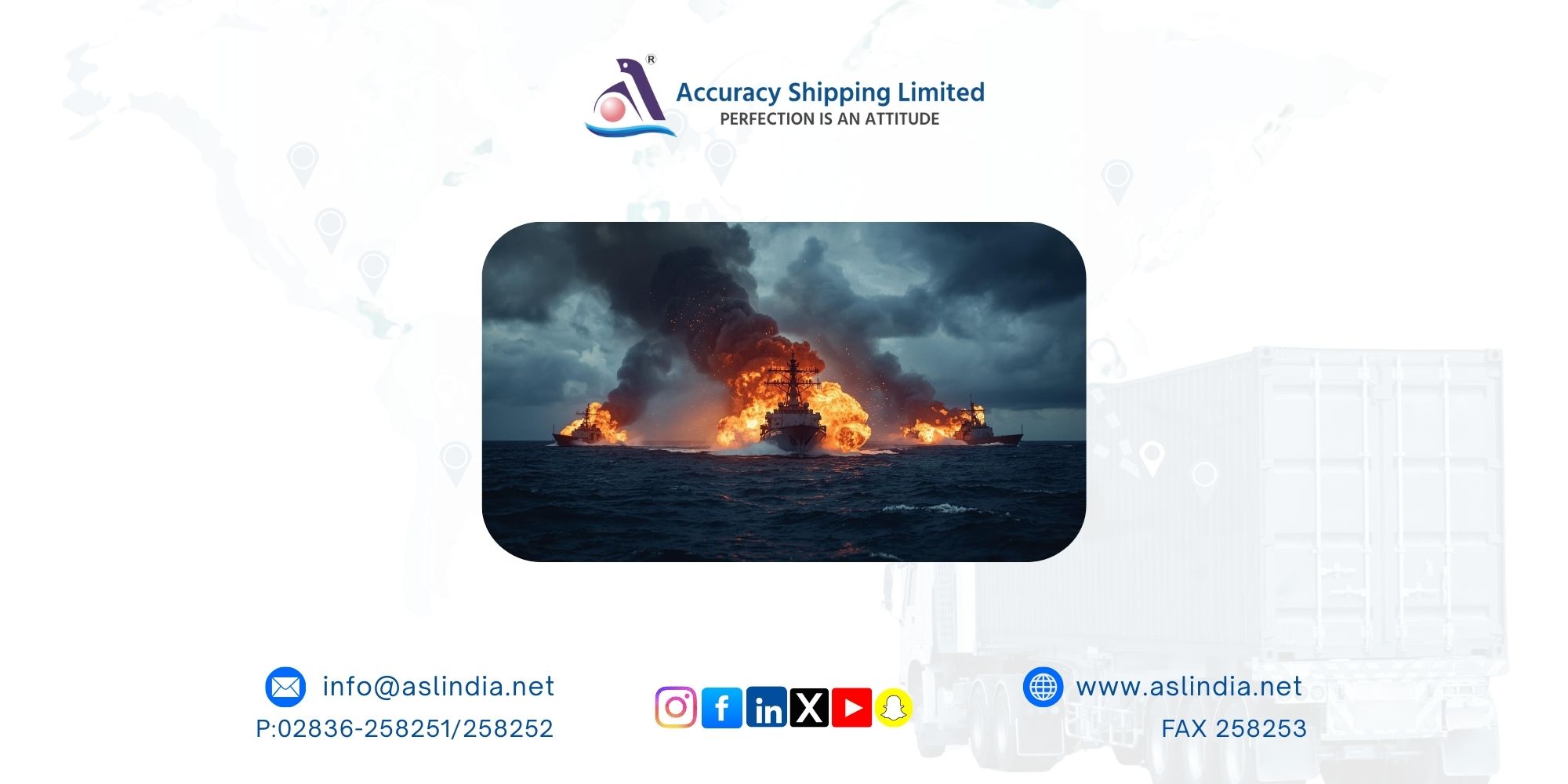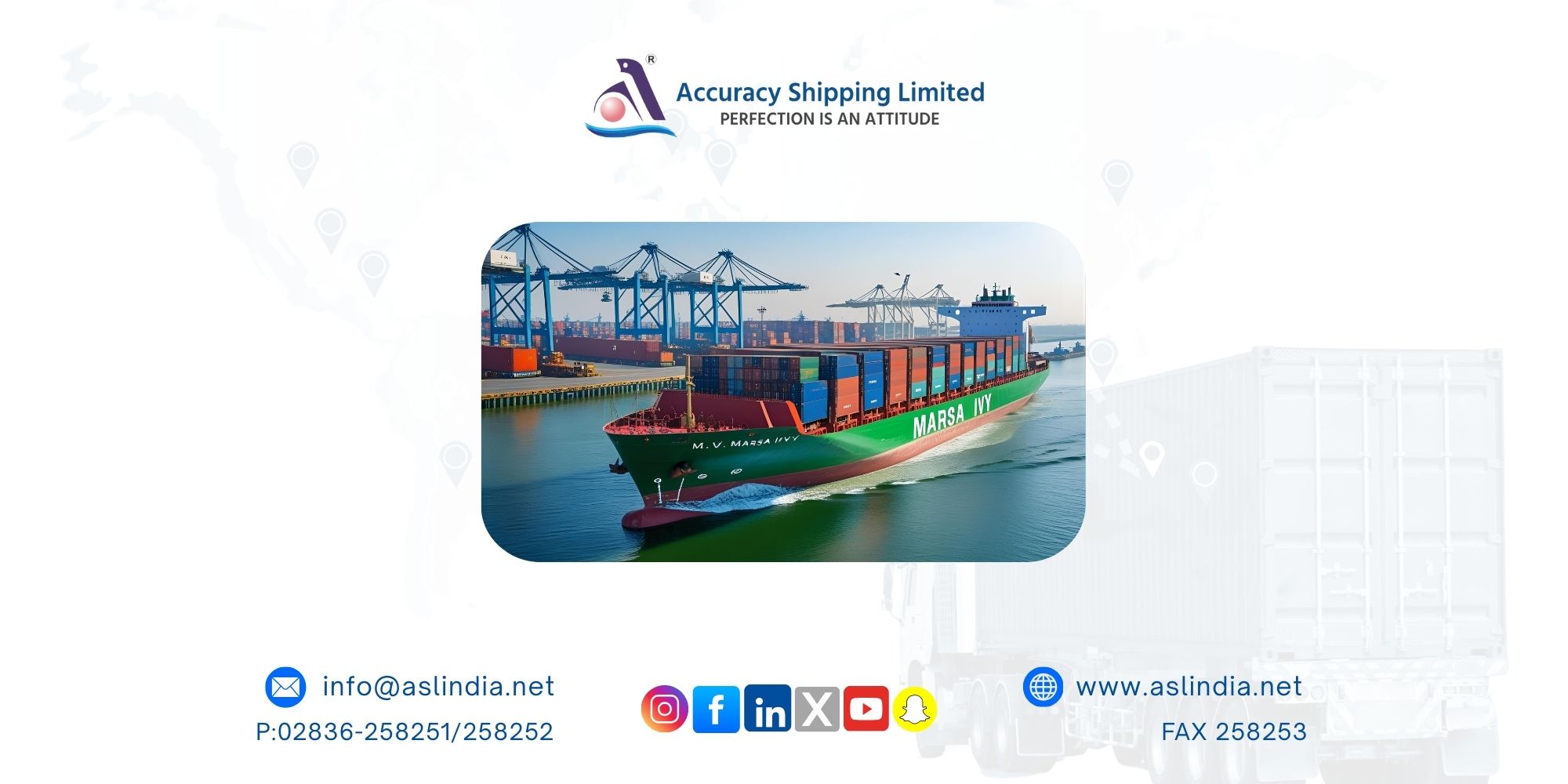Iran-Israel Conflict Triggers Insurance Spike: Maritime Trade Faces Mounting Pressure

The escalating conflict between Iran and Israel has rattled the global shipping industry, pushing maritime insurance premiums to new highs and forcing shipowners to reconsider their navigational routes through the Middle East. As regional tensions rise, the economic ripple effects are beginning to severely impact global logistics, energy markets, and cargo movements.
Insurance Premiums on the Rise
According to data reported by insurance broker Marsh McLennan, the levied charge for ships navigating the Gulf has surged from 0.125% to 0.2% of a vessel’s value following Israel’s recent attack on Iran. This stark increase reflects growing concerns over vessel safety in one of the world's most critical shipping corridors.
The impact isn't isolated to the Gulf. War risk insurance in the Red Sea has also seen a notable rise. Even more significantly, coverage for Israeli ports has more than tripled to 0.7%, revealing the heightened apprehension insurers feel about maritime operations in the region.
Shortened Insurance Validity Periods
The uncertain security environment is also reshaping insurance timelines. As reported by CNBC, most insurers have now reduced the validity of insurance quotes from 48 hours to 24 hours, signaling the volatile nature of risk assessment in these high-tension waters.
Navigational Adjustments and Operational Disruptions
Shipping operators are beginning to take proactive measures. Marcus Baker, Global Head of Marine, Cargo, and Logistics at Marsh, told CNBC that while the situation is regionally contained, insurers are still placing risks to ensure cargo flow continues. Nonetheless, shipowners have started rerouting vessels from the Strait of Hormuz, similar to their earlier avoidance of the Red Sea amid the Houthi attacks in 2024.
Jakob Larsen, Head of Security at BIMCO, confirmed a “modest drop” in voyage frequency through the affected regions, as uncertainty and risk mount with every new development in the Iran-Israel conflict.
Strait of Hormuz: A Fragile Chokepoint
The Strait of Hormuz, a narrow passage between Iran and Oman, is one of the world's most vital oil transportation routes. CNBC emphasized that even minor disruptions here can cause sharp spikes in global energy prices, raise shipping costs, and create major supply chain delays. This fragile artery of commerce is now under greater scrutiny than ever.
Red Sea Activity Remains Suppressed
Adding to these woes, Lloyd’s List recently highlighted that shipping volumes in the Red Sea remain about 60% lower than before the Houthi escalations, pointing to the lasting impact of regional conflicts on maritime commerce.
As the Iran-Israel tensions unfold, the shipping industry continues to grapple with increased costs, rerouting challenges, and security threats all of which reinforce the need for adaptable strategies and heightened vigilance in navigating the complex geopolitics of Middle Eastern waters.







